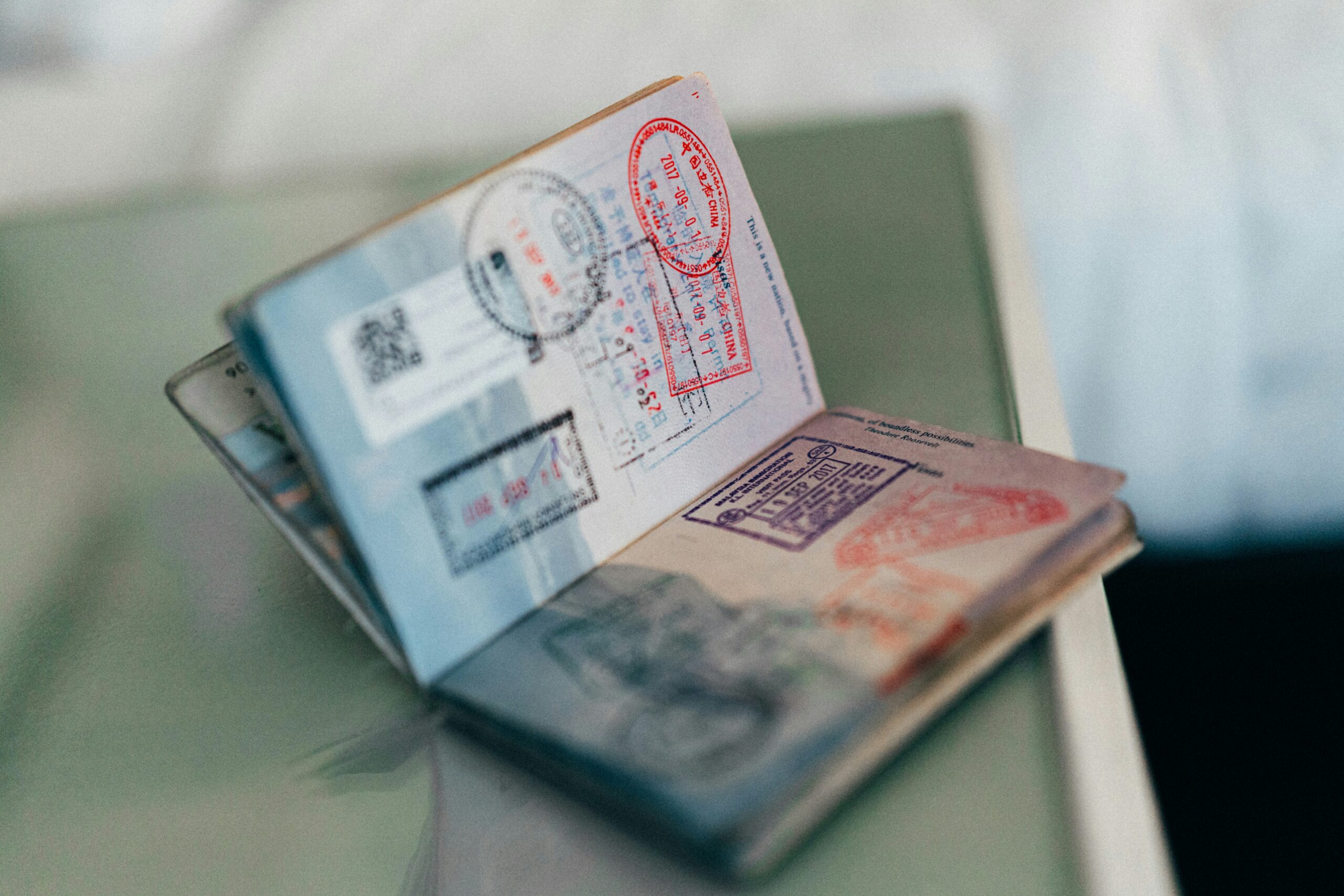Accessing Residency With a Corporation in Costa Rica? Is it possible?
The assumption that Law No. 9996 and its implementing Bylaw under Decree 43926 extinguished the investor‐residency route via corporate investment in Costa Rica is widespread but incorrect. In fact, the Investor subcategory under the Ley General de Migración y Extranjería remains fully available to foreign nationals who structure a qualifying investment through an active Costa Rican corporation. This blog dispels the myth, summarizes the relevant legal provisions, and explains how an active corporate vehicle can still secure temporary residency.
-
The Myth of the “Closed” Investor Category
Law 9996 and Decree 43926 did not repeal the statutory provisions enabling residency by investment. Rather, they reorganized migratory categories, tightened due-diligence and source-of-funds requirements, and clarified procedural steps. Nowhere do they revoke the core provision—Article 4—that authorizes residency for those committing at least US $150,000 in Costa Rican assets, including shares in an active corporation.
-
Article 4 – Investor Subcategory (Inversionistas)
“Article 4 – Investors. A foreign national may opt for legal residency in Costa Rica under the Investor subcategory by making an investment of not less than US $150,000 (or its colón equivalent at the Central Bank’s official selling rate), whether in registered real estate or chattels, corporate shares, securities, productive projects, national‐interest initiatives, venture capital funds, or sustainable tourism infrastructure projects.
This status is granted for two years, renewable for equal periods, provided that the foreign national demonstrates continuous, uninterrupted maintenance of the qualifying investment from the date of initial approval.
Notably, shares (“corporate shares”) held in an active Costa Rican corporation are expressly listed as qualifying assets.
-
Article 5 – Documentary Requirements
To qualify under the Investor subcategory, the applicant (and any dependents) must present:
- Signed application authenticated by a Costa Rican attorney or notary, stating personal details, type of investment, and notification address;
- Government fee payments of US $50 (Article 255 fee) and US $200 (Article 89 fee);
- Apostilled or legalized birth certificate;
- Recent passport‐style photograph;
- Apostilled criminal background certificate from the country of origin (or last three-year residence), with proof of legal stay if issued abroad;
- Notarially certified passport copy (photo and data page);
- Document evidencing the investment (per Article 7);
- If registered with the CCSS or DGT, certificates demonstrating current compliance with social security and tax obligations (verified ex officio by immigration authorities).
-
Article 7(B) – Proving Share Investments
Under Article 7, investments may take various forms. Subsection B governs share‐based investments:
“B) Shares:
- A notarial certificate of legal personality and share capital issued by a notary public from the corporation’s official books, showing the foreign investor’s real participation of at least US $150,000 (or equivalent), issued no more than one month prior to submission. If invested across multiple entities, the total must aggregate to US $150,000, with respective up-to-date certifications. Only corporations engaged in active economic activity qualify; inactive entities are ineligible.
- Alternatively, a certified public accountant’s report demonstrating the required investment amount, in accordance with guidelines from the Colegio de Contadores Públicos Autorizados.”
This subsection confirms that equity injections into a bona fide, active Costa Rican corporation satisfy the investment threshold.
-
Activating the Corporate Vehicle
Crucially, corporations registered with the customary ₡10,000 colones share capital will not satisfy the US $150,000 requirement. The legislature has thus opened a pathway:
- Register the corporation as “active” with the tax authorities (DGT) by filing monthly VAT (Impuesto de Ventas) returns through the ATV or Tribucr system;
- Declare annual Income Tax via Form D-101;
- Increase the stated capital stock in the original Articles of Incorporation and shareholders’ register to at least US $150,000 (instead of the nominal ₡10,000);
- Obtain an updated Notarial Certification reflecting the enhanced capital.
Once these steps are completed, the corporation qualifies under Article 7(B), and its shareholder may apply for Investor residency.
-
Ongoing Compliance: The Only Downside
Maintaining an “active” corporate status entails:
- Monthly VAT filings (Impuesto de Ventas) even if no taxable sales occur;
- Annual Income Tax declaration (Form D-101);
- Engagement of a Costa Rican certified public accountant to prepare and file these returns.
While these obligations impose recurring accounting costs, they are indispensable to preserve eligibility for residency and to avoid fines or administrative sanctions.
-
Practical Roadmap for Corporate Investor Residency
- Assess whether your intended acquisition or capital injection can be structured as an equity contribution to a Costa Rican SA or SRL.
- Amend your corporate by-laws and shareholders’ register to reflect a minimum capital stock of US $150,000.
- Register the corporation as active with the DGT; secure access to the ATV portal via a firma digital.
- File monthly VAT returns and annual D-101 Income Tax.
- Obtain a notarial certificate of share capital and legal personality (issued within 30 days).
- Compile and legalize all supporting documentation required under Articles 5 and 7.
- Submit your Investor residency application, along with requisite fee payments.
-
Conclusion
Contrary to prevailing wisdom, Law 9996 and Decree 43926 did not foreclose the corporate pathway to investor residency. By activating a Costa Rican corporation, declaring a minimum capital stock of US $150,000, and adhering to ongoing VAT and income tax filings, a foreign investor may still secure and renew temporary residency under Article 4and Article 7(B) of the migration law.
For expert assistance in structuring your corporate vehicle, updating share capital, and ensuring full administrative compliance, contact us. Our team will guide you through every step—from corporate activation to residency approval—so that your investment not only secures legal residency but remains in good standing for years to come.
